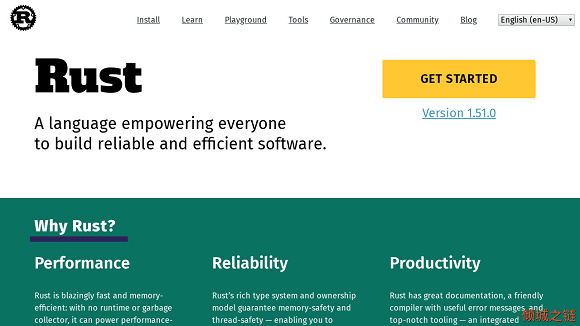The Rust team announced the release of Rust 1.71.0. The new version brings new features and improved performance to the programming language.
The Rust programming language has recently released version 1.71.0, bringing with it a host of exciting updates. Rust is known for its focus on safety and performance. And it continues to evolve to meet the needs of developers.
Users who have previously installed Rust via rustup can easily update to version 1.71.0 by running the command “rustup update stable.”
The latest release includes the following key features:
- Stabilization of the C-unwind ABI and other -unwind suffixed variants, ensuring safer unwinding operations across different programming languages.
- Support for debugger visualization attributes, enabling library authors to embed Natvis descriptions and GDB scripts into their Rust libraries, improving the debugging experience.
- Raw-dylib linking support on Windows platforms, allowing the use of dynamic libraries without requiring their availability during the build process.
- Upgrade to musl version 1.2.3, enhancing dependencies without significant impact for most users.
- Stability improvements to various APIs, including CStr::is_empty, BuildHasher::hash_one, NonZeroI* operations, conversions for N-tuple and array, and improved support for Windows library bindings.
- Developers are encouraged to explore and take advantage of these new features and enhancements introduced in Rust 1.71.0. By leveraging these updates, developers can streamline their coding processes and unlock new possibilities in their projects.
Rust continues to establish itself as a leading programming language. As the language evolves with each release, developers can expect ongoing improvements and a commitment to empowering their software development endeavors.












































































